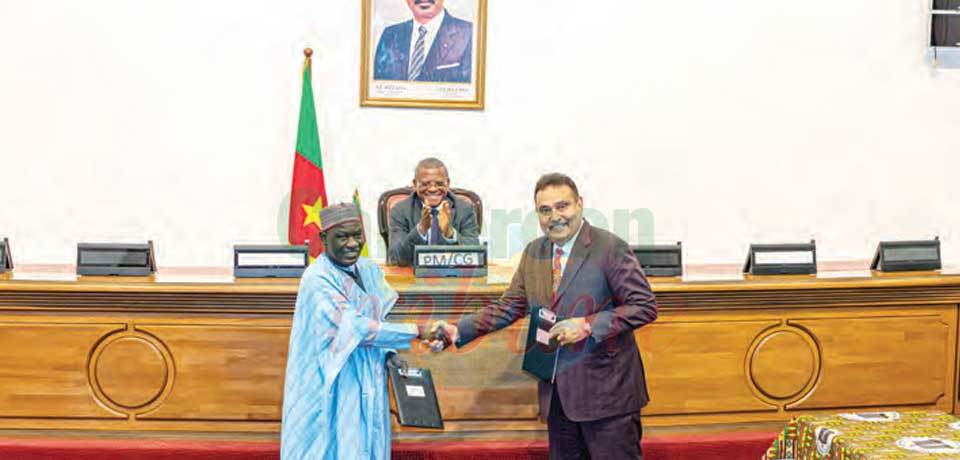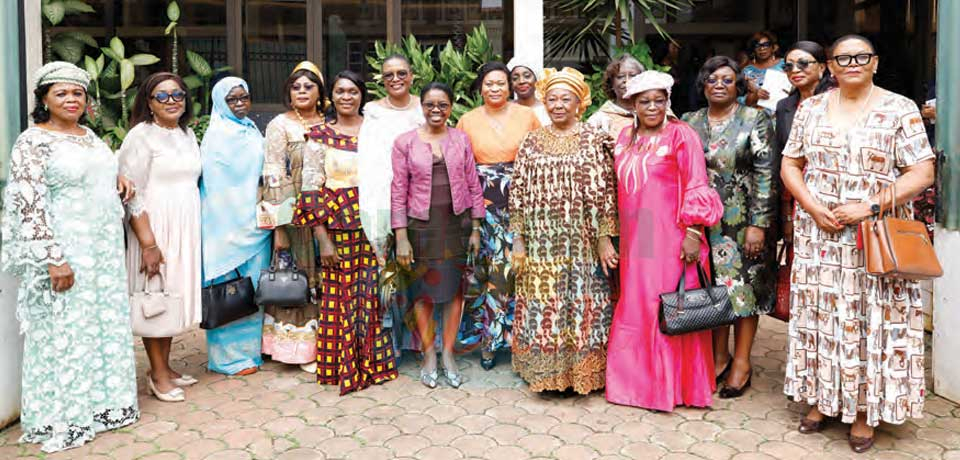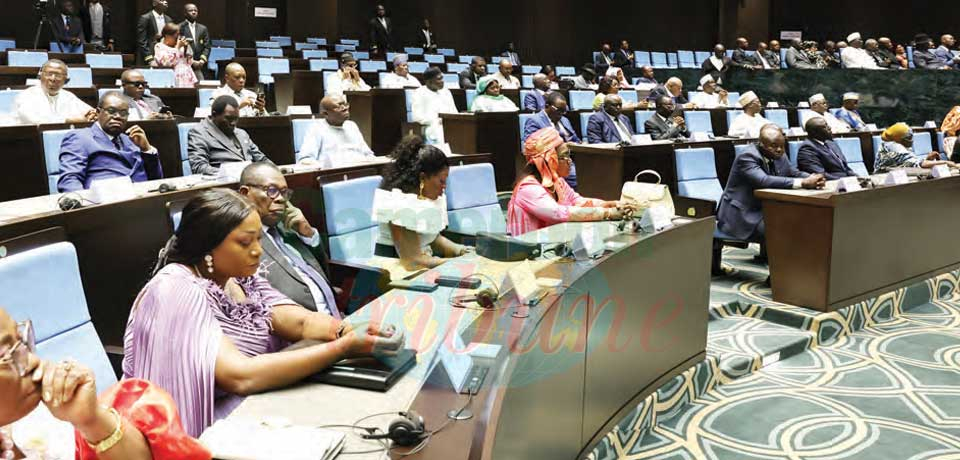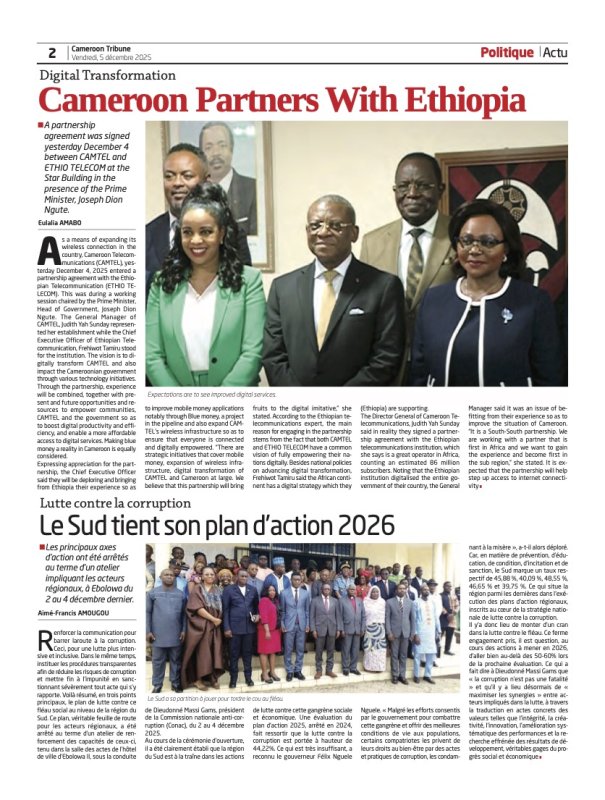Electoral Code : Varied Views Of Stakeholders
- Par Eulalia AMABO
- 18 Aug 2023 12:26
- 0 Likes
They are on instituting a single ballot, reducing the deadline for the publication of election results and reviewing certain concepts on gender and sociological components.
Electoral operations in Cameroon are governed by the Electoral Code. It provides modalities for the organisation of elections in Cameroon by Elections Cameroon (ELECAM). As time passes, some representatives of political parties and members of civil society organisations are requesting for a modification on the legal document. They raise several points of divergence amongst which is the call to institute a single ballot during elections, reducing the deadline for the publication of results, hastening the distribution of voters’ cards and reviewing certain concepts on gender and sociological components.
Distribution of Voters’ Cards
The Electoral Code in its Section 84(3) stipulates that cards shall be distributed within a period of 40 days before the polling day. Political parties and civil society organisations are praying for a change to this clause and bring the distribution process earlier. With Cameroon having opted and using the biometric voters’ card, and with the production capacity of machines said to be impressive, the actors argue that these personal document should be handed to their bearers a few days after fabrication. To them, it will reduce voter apathy and enhance the credibility of the electoral process. A similar complain goes to polling station, which Section 96 notes that shall be drawn up by the Director General of Elections and shall be located in public premises or in premises open to the public. These stakeholders of the electoral process are requesting for the polling stations to be instituted closer to voters to facilitate their movement on voting day.
Ballot Papers
At the moment, the General Directorate of Elections, for every candidate or list of candidates running in an election, prints a number of ballot papers equivalent to the number of electors registered, plus one quarter thereof, in accordance with Section 88(1) of the aforementioned Code. On this point, political actors beseech the institution of a single ballot paper for every election, whether municipal, legislative, senatorial or presidential elections. Going by their argument, a single ballot will cut down operational cost and limit vote buying, as well as other forms of election irregularities on voting day which are related to ballot papers.
Vote Counting Commissions
Before elections are proclaimed, the data on electoral operations on voting day is examined by three different commissions. To the actors of the electoral process, it is not the number of commissions that matter, but what they termed “overbearing presence of administrative authorities.” For Local Polling Commissions, there is a member of the administration, appointed by the Sub-Divisional Officer (cc Section 54). At the Divisional Supervisory Commission, there are three representatives of the administration as membe...
Cet article complet est réservé aux abonnés
Déjà abonné ? Identifiez-vous >
Accédez en illimité à Cameroon Tribune Digital à partir de 26250 FCFA
Je M'abonne1 minute suffit pour vous abonner à Cameroon Tribune Digital !
- Votre numéro spécial cameroon-tribune en version numérique
- Des encarts
- Des appels d'offres exclusives
- D'avant-première (accès 24h avant la publication)
- Des éditions consultables sur tous supports (smartphone, tablettes, PC)














Commentaires